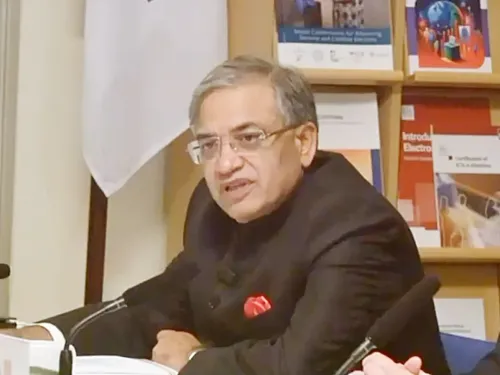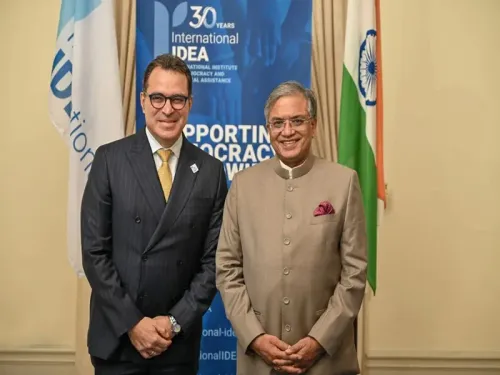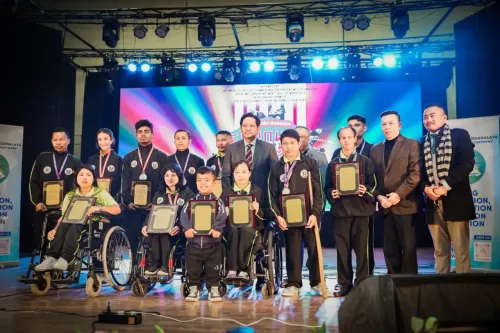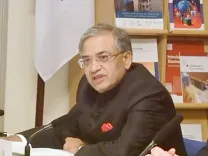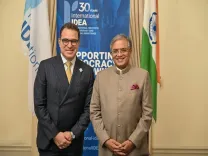Increased Budget Allocation for Jal Jeevan Mission to Rs 67,000 Crore
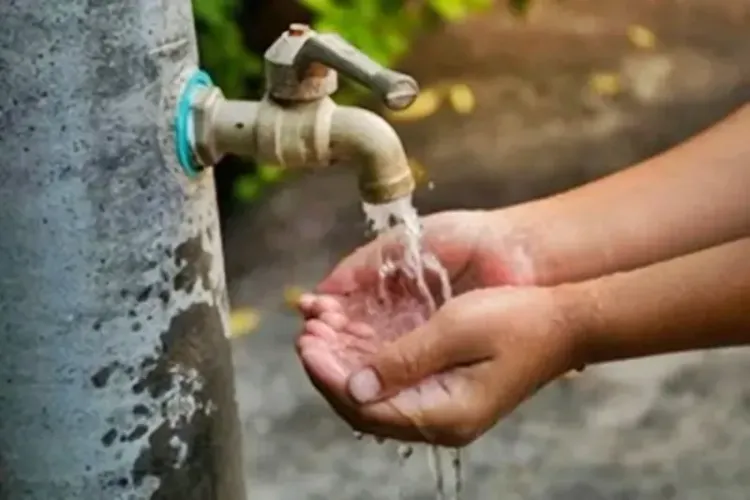
Synopsis
Key Takeaways
- Budget increased to Rs 67,000 crore for Jal Jeevan Mission.
- Mission extended until 2028.
- 15 crore households benefitted since 2019.
- Target of 100% coverage of safe drinking water.
- Focus on infrastructure quality and citizen engagement.
New Delhi, Feb 1 (NationPress) Finance Minister Nirmala Sitharaman announced an increase in the total allocation for Jal Jeevan Mission to Rs 67,000 crore during her presentation of the Budget for 2025-26, extending the Mission’s timeline until 2028.
FM Sitharaman highlighted that since its inception in 2019, 15 crore households, which represent 80 percent of India's rural population, have gained from the Jal Jeevan Mission.
This initiative aims to provide access to safe drinking water connections, with a target of achieving 100 percent coverage over the next three years.
The Jal Jeevan Mission will prioritize the quality of infrastructure and the operational maintenance of rural piped water supply systems through “Jan Bhagidhari”.
To ensure the sustainability and citizen-focused delivery of water services, separate MoUs will be established with states and Union Territories, as explained by the Minister.
The Union Government has introduced several key initiatives designed to promote inclusive rural development, alleviate poverty, and enhance living conditions in rural regions.
These efforts, rolled out through the Ministry of Rural Development and other significant departments, target vital areas including employment generation, housing, infrastructure, skill enhancement, and social welfare.
For example, the Mahatma Gandhi National Rural Employment Guarantee Act aims to bolster the livelihood security of rural families by ensuring at least 100 days of guaranteed wage employment per financial year for every rural household willing to undertake unskilled manual work.
MGNREGA emphasizes the necessity of fortifying the livelihood resources of the underprivileged, focusing on the most vulnerable groups within rural communities, including Scheduled Castes, Scheduled Tribes, women-led households, and other marginalized segments.
Launched in the Union Budget 2017-18, Mission Antyodaya serves as a framework for convergence and accountability aimed at optimizing the utilization and management of resources allocated by 26 Ministries and Departments of the Government of India for rural development.
This initiative is designed as a state-led program with Gram Panchayats acting as the center of convergence efforts.


